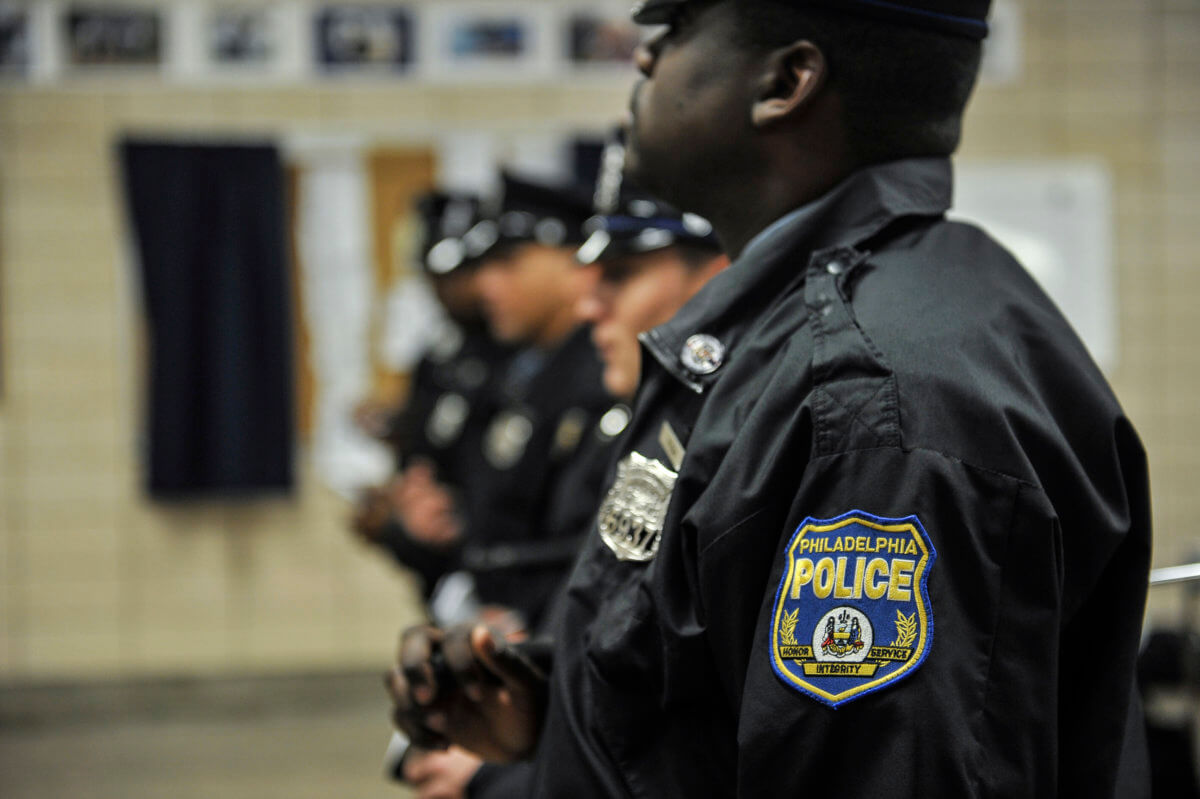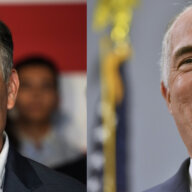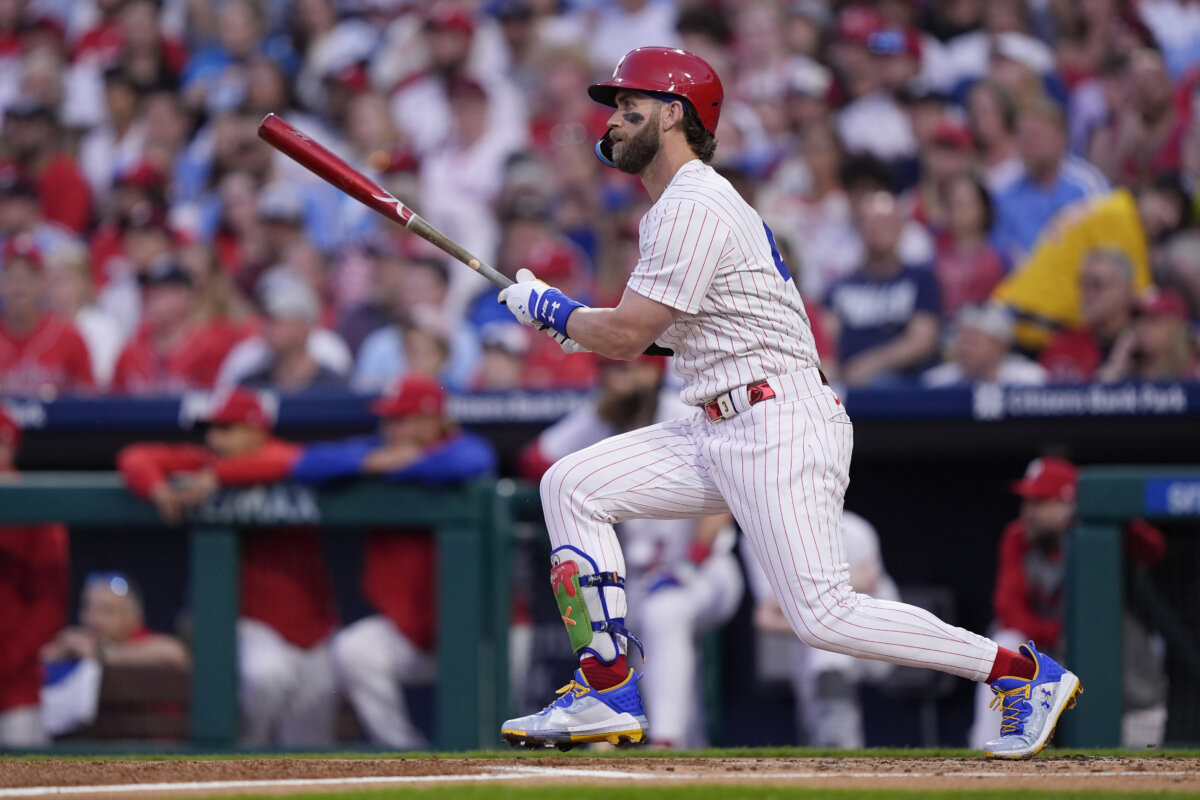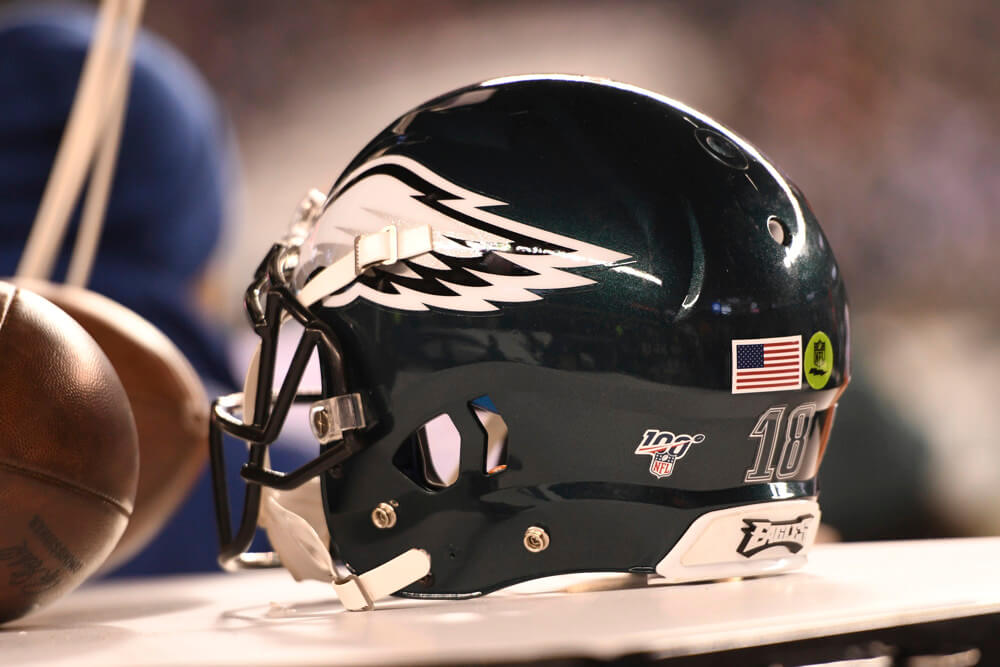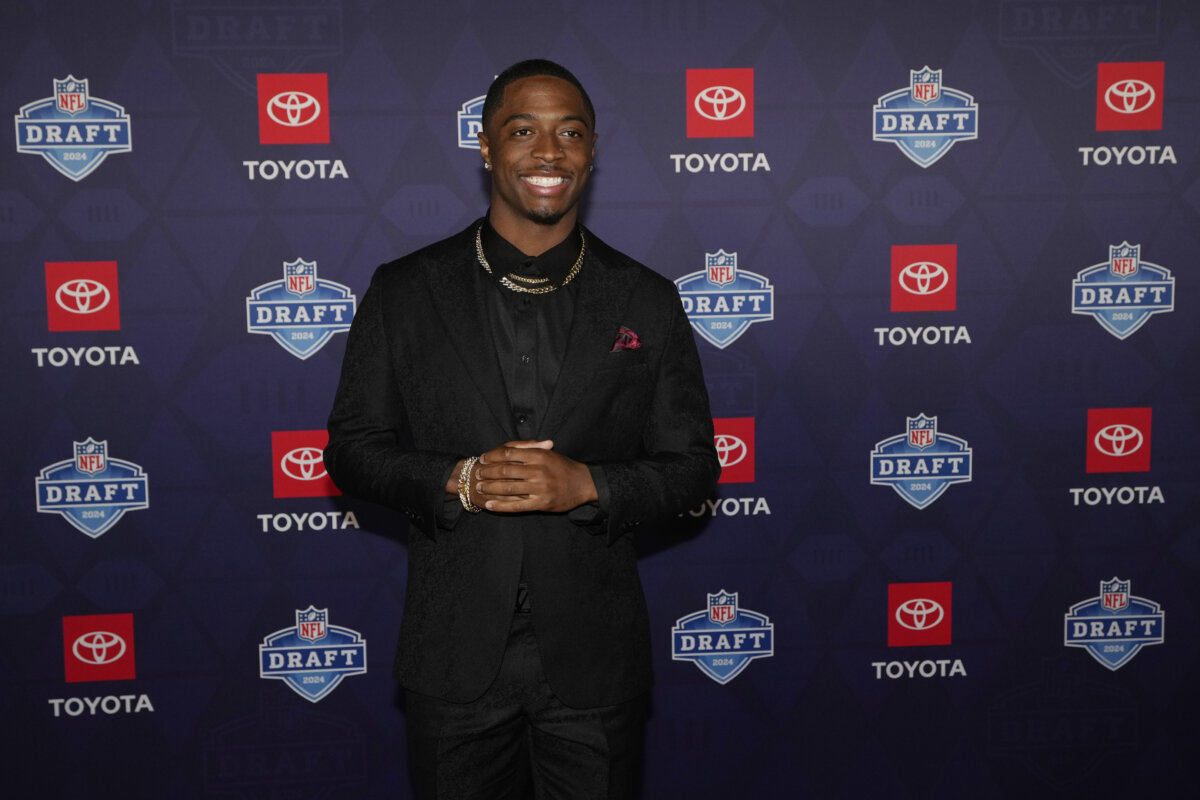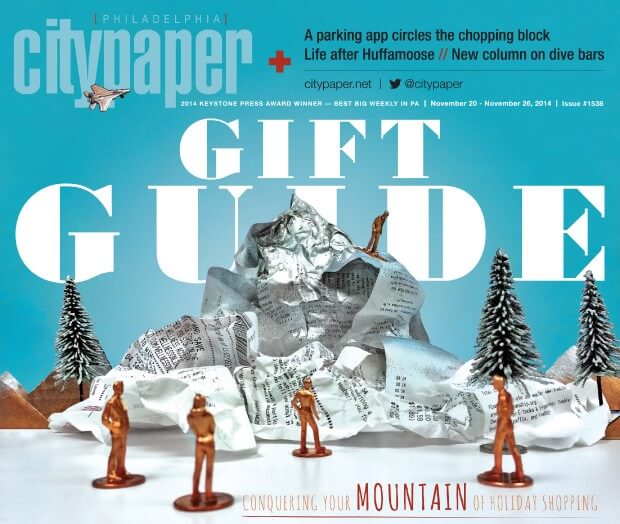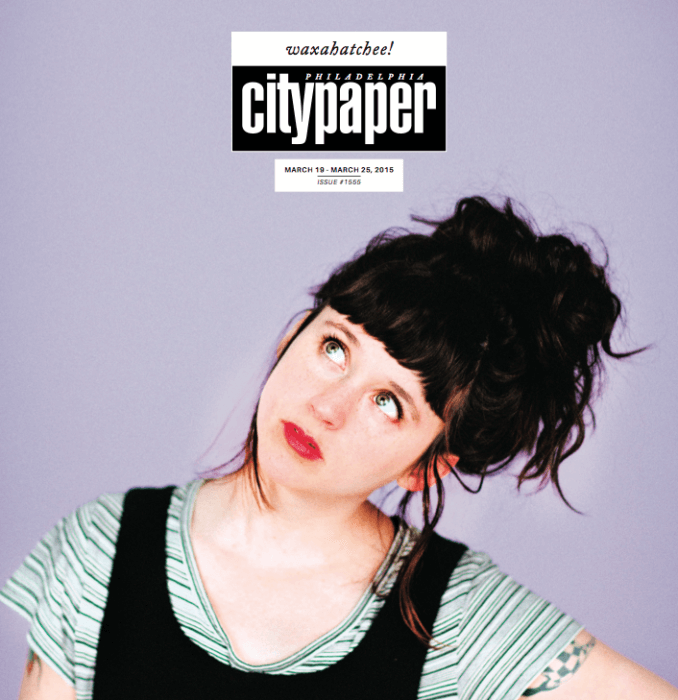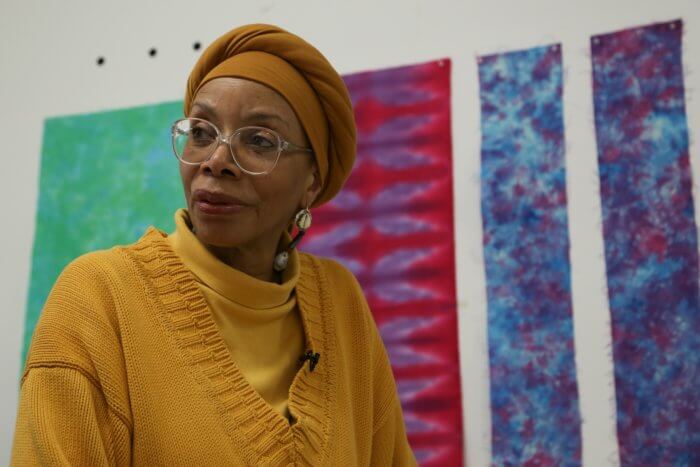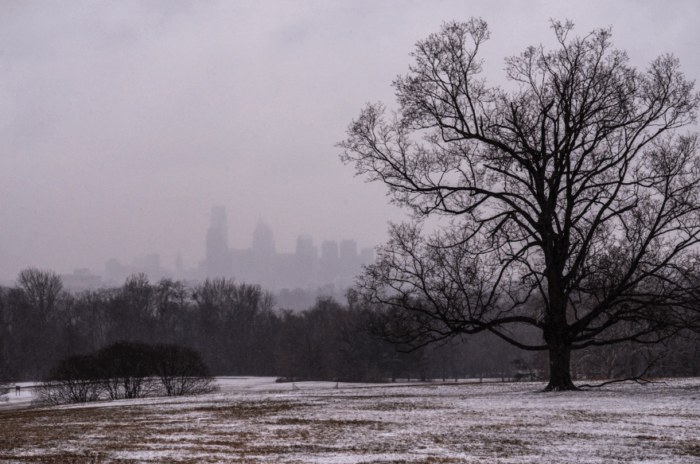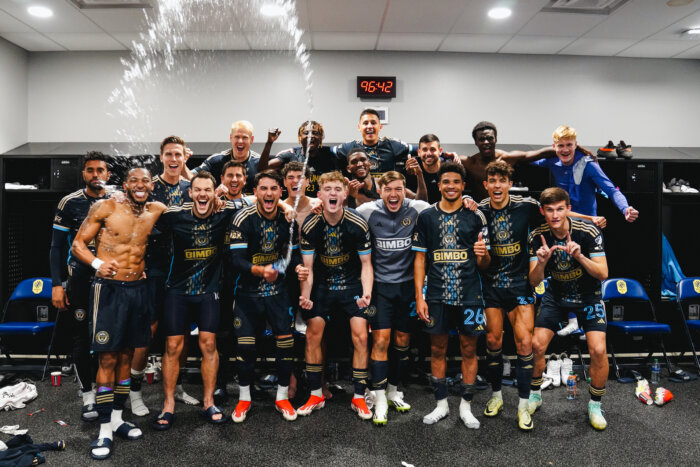A student journalist arrested in 2011 for taking pictures of police took the stand in a case that could have implications for citizens who capture police abuse on cell phone camera.
Coulter Loeb, who at the time attended the University of Cincinnatisaid he refused an officer’s orders to “walk away” from an arrest in Rittenhouse Square because he believed it was his right to take pictures. “The right to record police without interfering is something I should be able to do,” saidLoeb, who testified Wednesday in his lawsuit against the police officer who arrested him.
Loeb is suing the Philadelphia Police Department over the arrest, saying his constitutional rights were violated.
He says the arresting officer, George Gaspar Jr. “chest bumped” him after he asked to take a picture a transient woman the officer was escorting out of the park.
But Gaspar, who also testified Wednesday, said he’s been filmed numerous times while working in the park. He arrested Loeb, Gaspar said, because he interfered with an investigation and was defiant after he was ordered to back away. The issue isn’t just important to journalists. Citizens armed with nothing but cell phones have captured videos that have sparked a national dialogue on police and community relations.
In New York, cell phone video captured the chokehold death of Eric Garner after police tried to arrest him for selling untaxed cigarettes.
The First Circuit Court of Appeals, which covers Maine, Massachusetts, New Hampshire, Puerto Rico and Rhode Island, has ruled that of “reasonable restrictions on the exercise of the right to film may be imposed when the circumstances justify them.” That language would seem to limit officers’ ability to forbid photography.
But courts in the Third Circuit have not established a right to record police officers. The ACLU, which is representing Loeb, currently has four other cases before federal courts involving the right to film police. Loeb’s is the first to reach trial. Police Commissioner Charles Ramsey issued a memorandum in September 2011, reminding officers that citizens have a constitutional right to film them.
Loeb was arrested before those directives were in place.
Civil trial begins in case of photographer arrested after taking pictures of cops
